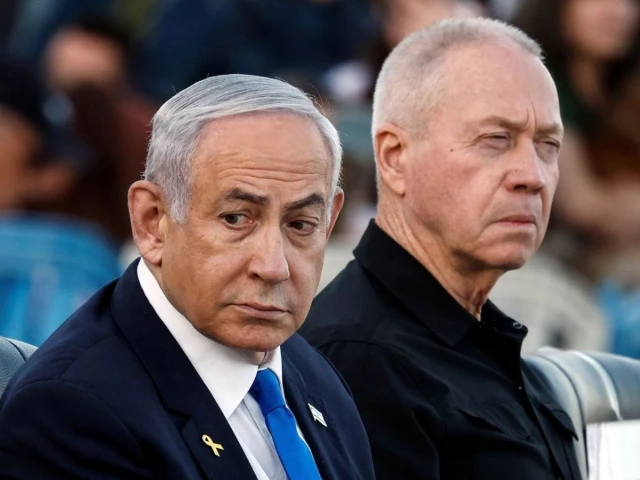The International Criminal Court (ICC) was established under the Rome Statute to prosecute individuals responsible for genocide, war crimes, and crimes against humanity. However, the United States and Israel have never been parties to this treaty, arguing that the court lacks legitimacy over non-member states.
Despite this, the ICC can exercise jurisdiction when crimes are committed on the territory of a member state, which has led to recent tensions between the court, Israel, and the U.S.
In 2015, Palestine became a member of the ICC, granting the court authority to investigate crimes committed in Palestinian territories.
This jurisdictional basis led the ICC to issue arrest warrants for Israeli Prime Minister Benjamin Netanyahu and Defense Minister Yoav Gallant in connection with war crimes and crimes against humanity in Gaza. Israel strongly rejected the court’s authority, and its key ally, the United States, followed suit by taking retaliatory action against the ICC.
A key weakness of the ICC is its lack of an enforcement mechanism. While it can issue arrest warrants, it relies on member states to execute them.
This means that Netanyahu or any other indicted Israeli official could be arrested if they travel to a country that is a member of the ICC, but Israel itself has no obligation to comply. This limitation has long been a challenge for the court, especially when dealing with politically powerful states.
Recently, Donald Trump imposed sanctions on ICC officials, arguing that the court had overstepped its authority by targeting Israeli leaders. His executive order labeled the ICC’s actions "illegitimate and baseless" and accused the court of setting a dangerous precedent.
These sanctions include economic restrictions, preventing U.S. individuals and businesses from financially engaging with ICC officials, asset freezes, blocking access to any funds within the U.S. banking system, and travel bans, restricting ICC officials from entering U.S. territory.
These measures are meant to pressure the ICC into halting its investigations. While they hold legal weight within the U.S., they do not override international law or ICC jurisdiction, meaning they do not directly prevent the ICC from continuing its work.
This is not the first time the U.S. has used sanctions against the ICC. In 2020, the Trump administration imposed similar measures after the court launched an investigation into U.S. war crimes in Afghanistan.
The U.S. government argued that only American courts have the right to prosecute U.S. military personnel and viewed ICC investigations as an attack on its sovereignty and national security interests. Those sanctions were later revoked by President Joe Biden in 2021, signaling a brief shift in policy before Trump’s return to office.
Trump’s sanctions have been widely criticized by human rights groups, legal experts, and European allies, who argue that such actions undermine the ICC’s independence.
The United Nations has also expressed concerns, warning that these measures could further weaken global efforts to hold war criminals accountable. The impact of these sanctions extends beyond ICC officials themselves. The move could deter cooperation between the U.S. and European nations that support the ICC, creating diplomatic tensions.
It also raises questions about the role of powerful nations in shaping international justice, if global superpowers like the U.S. and Israel can sanction the ICC to shield their leaders from prosecution, what precedent does this set for future cases?
Moreover, the decision aligns with a broader pattern in U.S. foreign policy, where Washington rejects international legal bodies that challenge its actions while simultaneously advocating for the prosecution of adversaries.
The U.S. has previously supported ICC investigations into war crimes committed by Russia in Ukraine, yet it opposes similar scrutiny of its own actions or those of its allies. This selective approach has fueled accusations of double standards in international law.
While the ICC remains undeterred, the success of its arrest warrants depends on the willingness of member states to enforce them.
If Netanyahu or other indicted officials travel to an ICC member country, those governments will face political pressure—should they uphold their legal obligations and risk Israeli and U.S. backlash, or ignore the warrants altogether? For now, the battle between the ICC and global superpowers is far from over.
The court’s ability to hold powerful leaders accountable hinges on the cooperation of the international community a factor that remains uncertain in a world where geopolitical interests often outweigh justice.



COMMENTS
Comments are moderated and generally will be posted if they are on-topic and not abusive.
For more information, please see our Comments FAQ